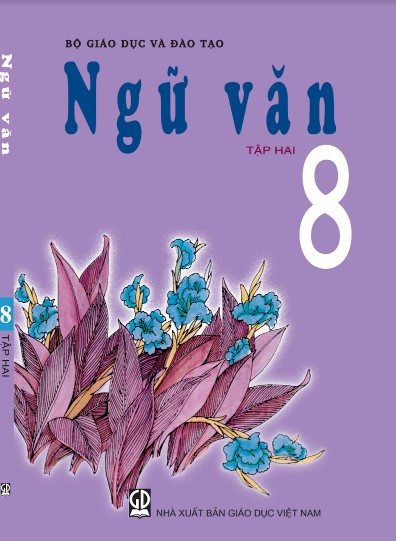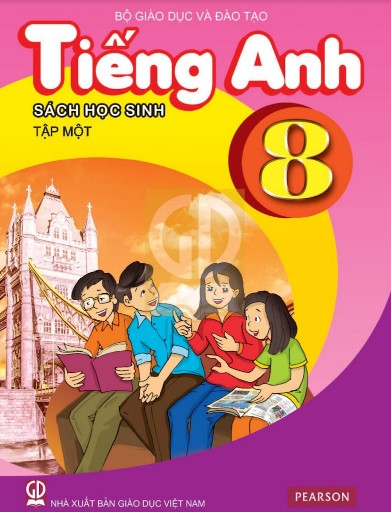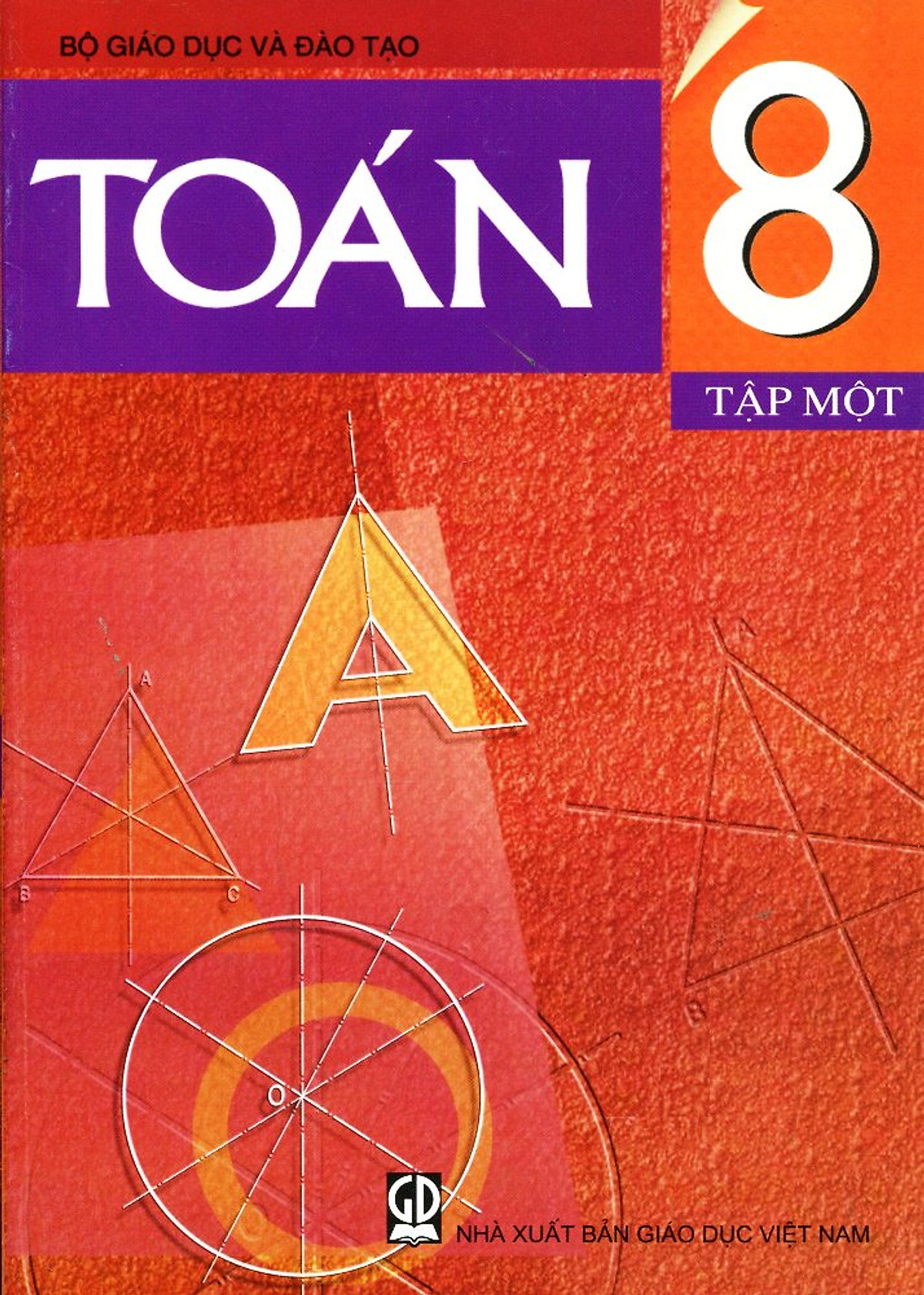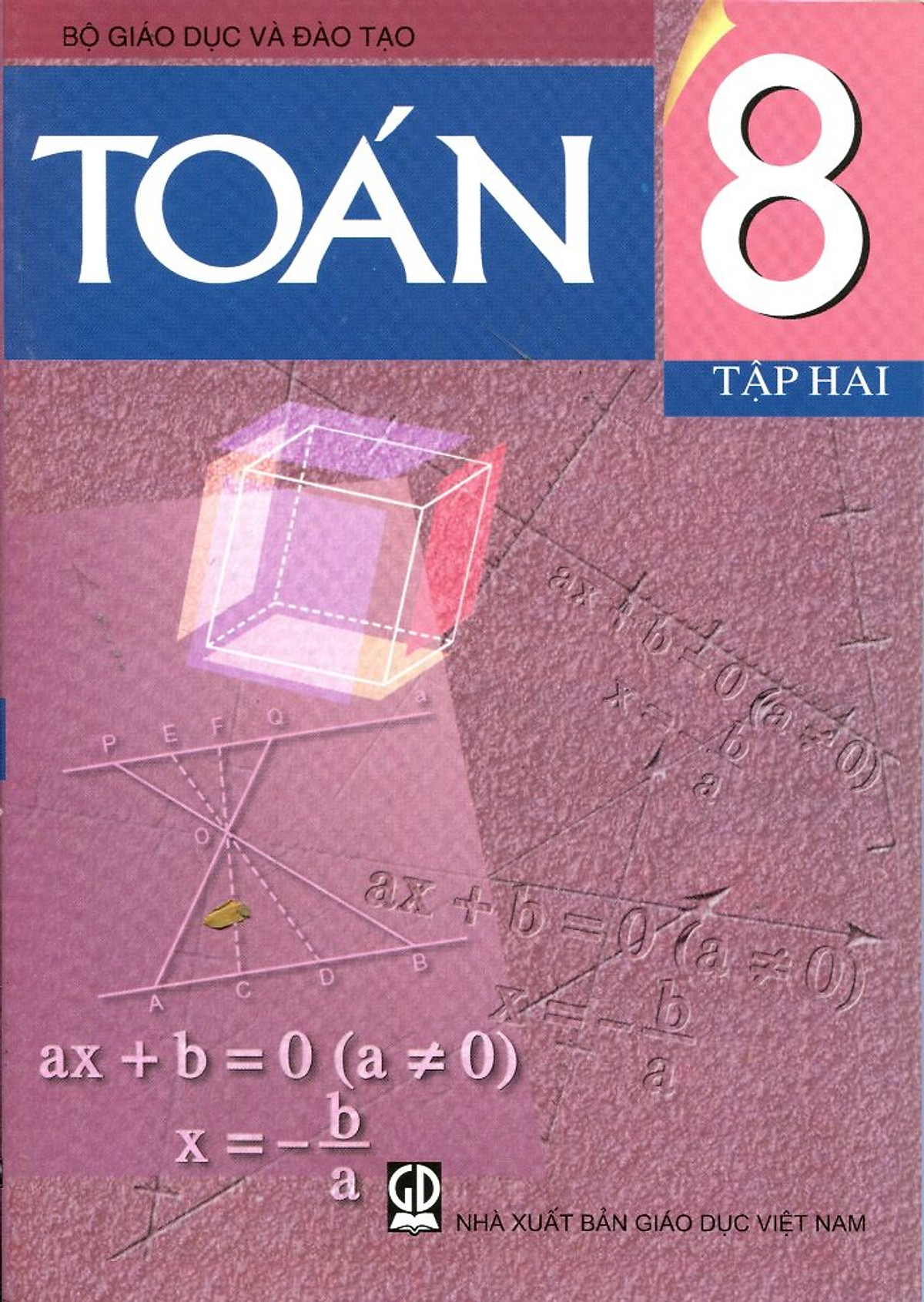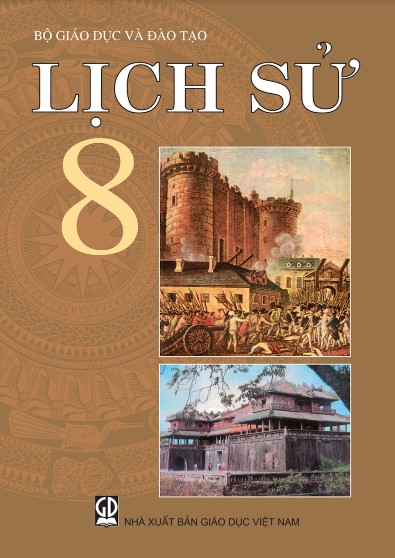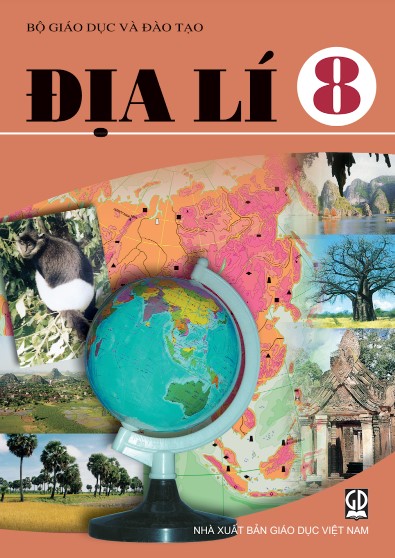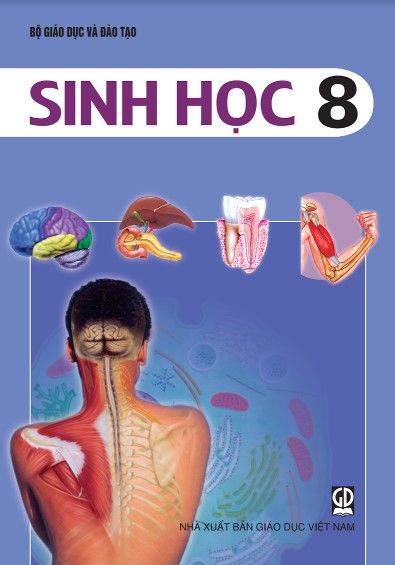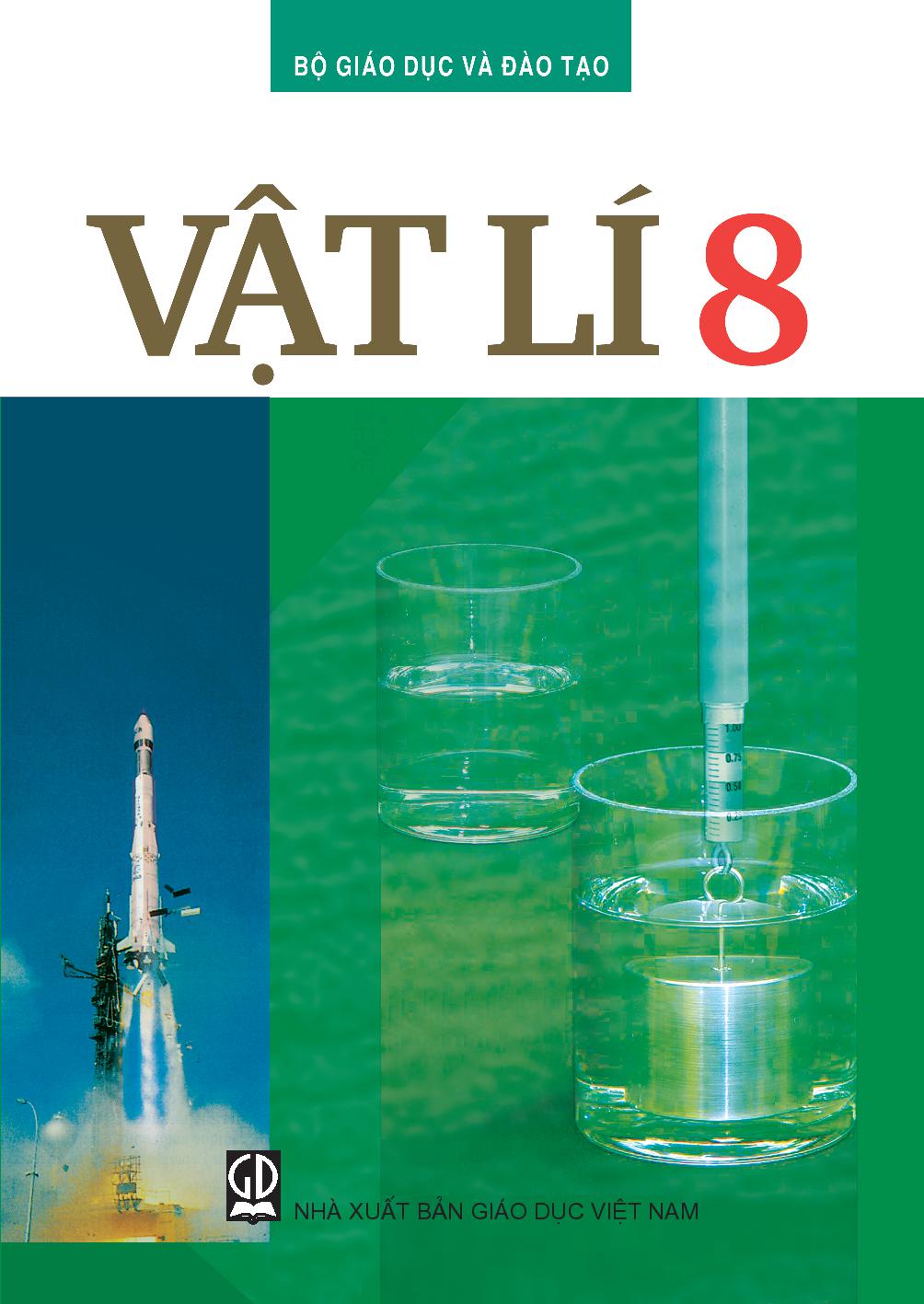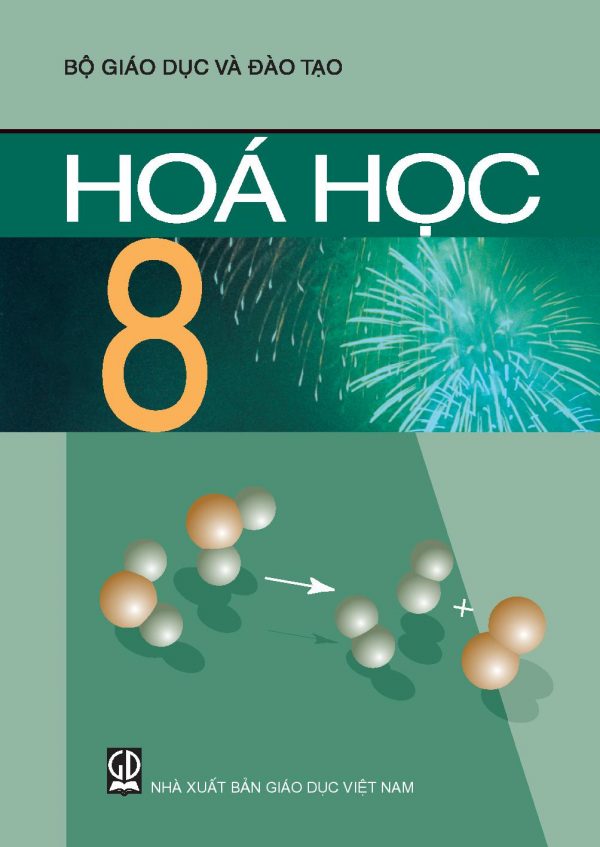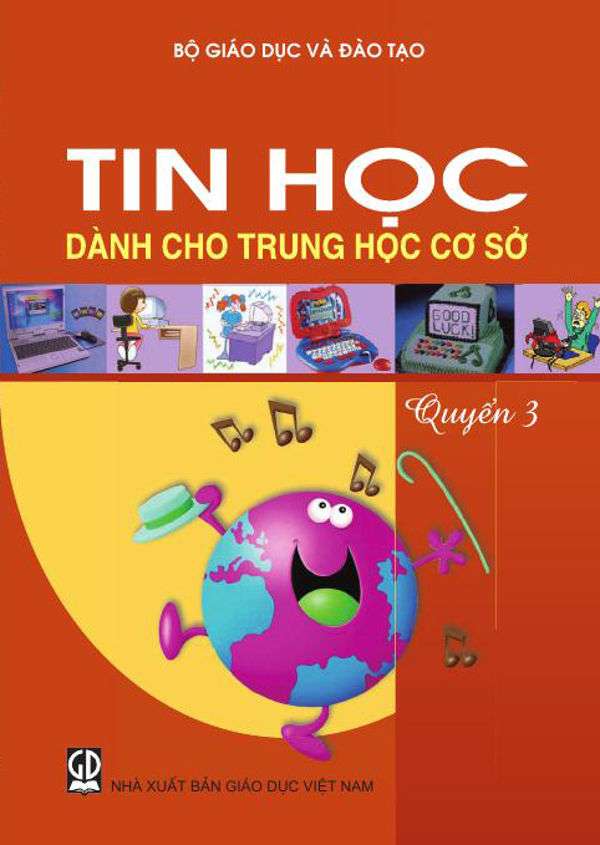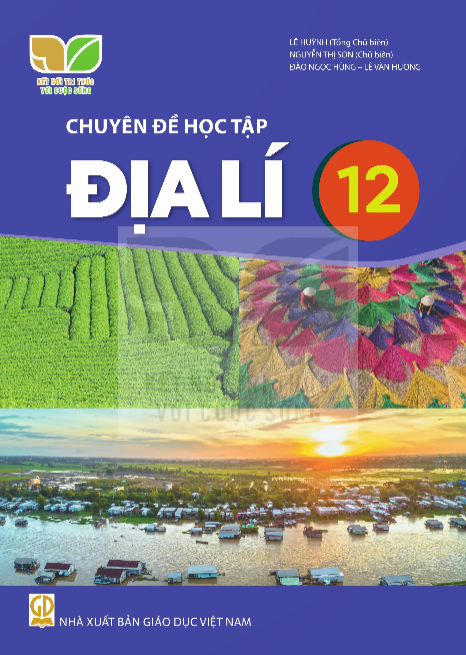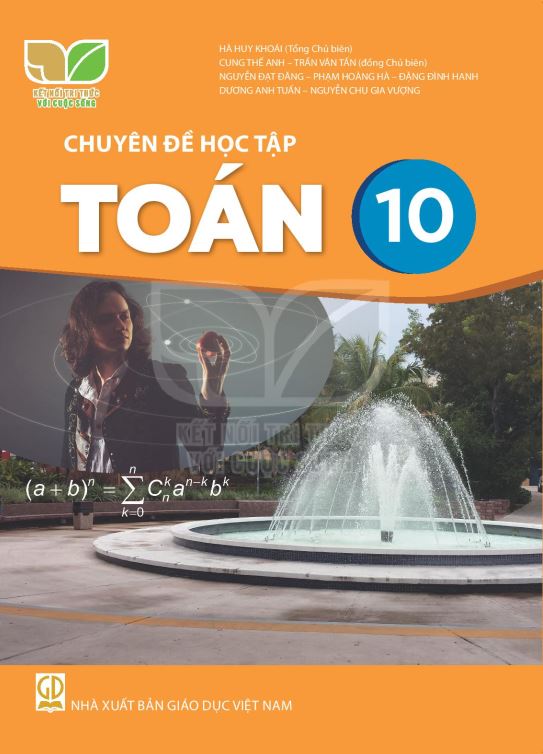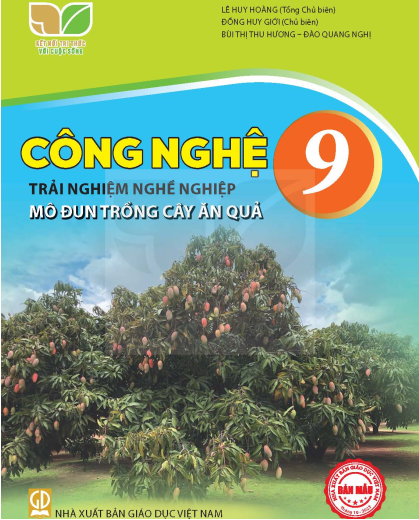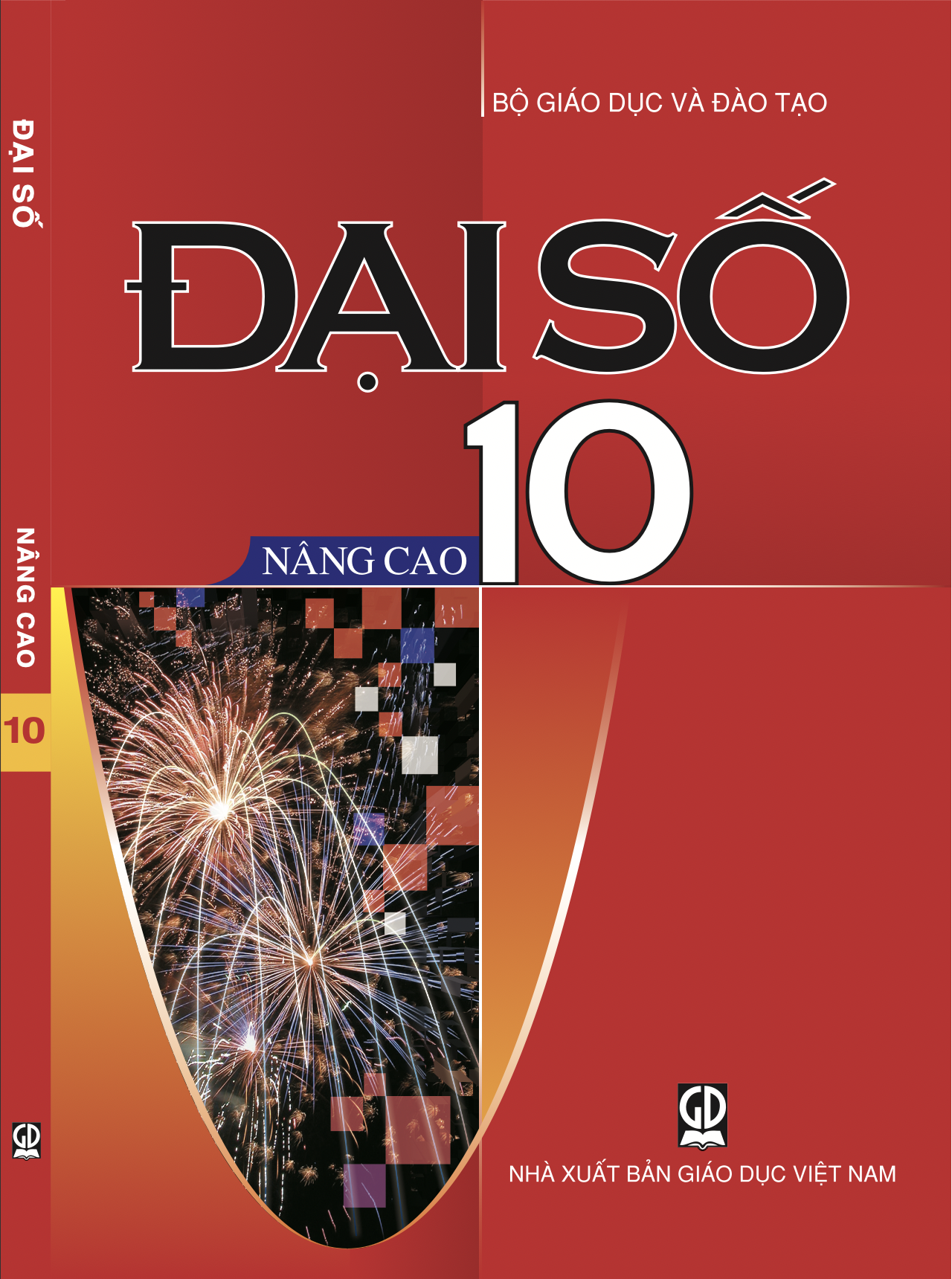Vocabulary
1. Match the words with the definitions.
| Words | Definitions |
| 1. drought 2. mudslide 3. flood 4. tsunami 5. tornado 6. earthquake | a. a violent storm with very strong winds which move in a circle b. a huge wave that can destroy towns near the sea c. a long period when there is no rain and not enough water for people, animals and plants d. a large amount of water covering an area that is usually dry e. a sudden, violent shaking of the Earth's surface f. a large amount of mud sliding down a mountain, often destroying buildings and injuring or killing people below |
2. Choose the best answer A, B, or C to complete the sentences.
scatter take evacuate put out provide
1. Emergency workers __________ the village when the river flooded the area.
2. Rescue workers are still trying to __________ the forest fires.
3. The strong winds forced the climbers to __________ shelter.
4. Many countries have food and other material aid to __________ the hurricane victims.
5. Debris from collapsed buildings was __________ across the whole area.
Grammar
3. Decide if the sentences have a present meaning (P) or a future meaning (F).
| P | F | |
| 1. Please phone me as soon as you arrive in Canberra. 2. There is a documentary about Oxford on TV tonight. Don't forget to watch it. 3. Usually on New Year's Eve, thousands of people gather in Times Square in New York to welcome the New Year. 4. When people travel, they use a map to find their way around. 5. Our holiday in Queenstown lasts six days. I feel so excited. |
4. Complete the sentences with the appropriate present tense of the verbs in brackets.
1. Alaska, a state in the USA, __________ both the Arctic Ocean and the Pacific Ocean. (face)
2. In Adelaide, south of Australia, the sun _________ until 9 p.m in summer. (not/ set)
3. Although England has several good football teams, it _________ the World Cup only once. (win)
4. The government of New Zealand _________ a lot to preserve the culture of the Maori, the native people of this land. (do)
5. In Canada, the serving of coffee at the end of an evening _________ a signal that it is time for visitors to leave. (be)
6. In many cultures, it's considered rude if you push through people who _________ to get out of a bus or a train. (try)
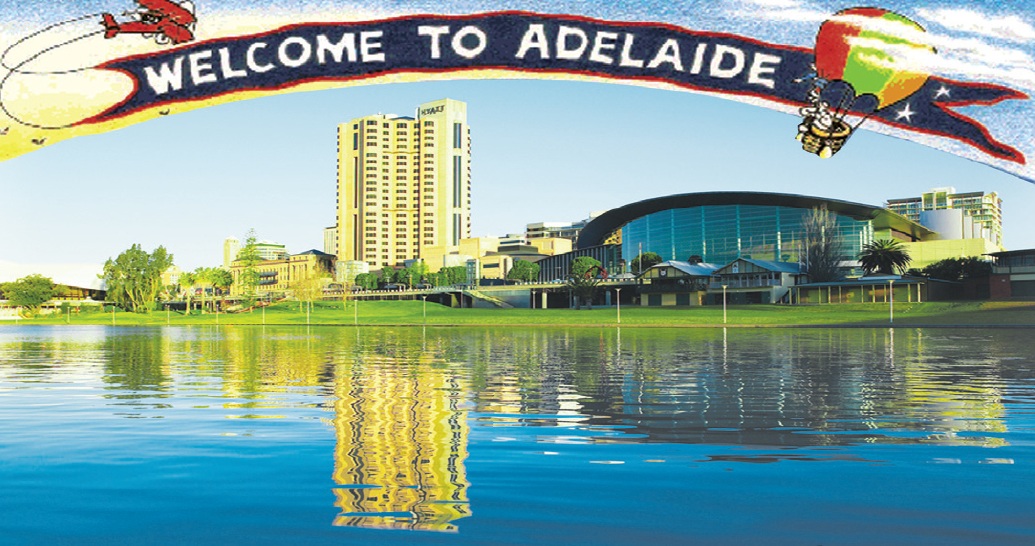
Communication
Check your knowledge!
5. Work in groups. Discuss if the statements are correct.
Example:
Wellington is the capital of the United Kingdom.
A: No, the capital of the United Kingdom is London. I think Wellington is the capital of Australia.
B: That's not true. I am sure the capital of Australia is Canberra. Wellington is the capital of New Zealand.
1. The Maori in New Zealand wear kilts.
2. Of English speaking countries, Canada has the biggest population.
3. Disneyland is in California, a state of Australia.
4. Kangaroos and koalas live in New Zealand.
5. English is the only official language in Canada.
| Finished! Now I can… . | ✔ | ✔✔ | ✔✔✔ |
| • use words/ phrases to describe people and places in English speaking countries • use the present simple to talk about future activities • pronounce words ending in -ese and -ee correctly in isolation and sentences • talk and write about schedules |

